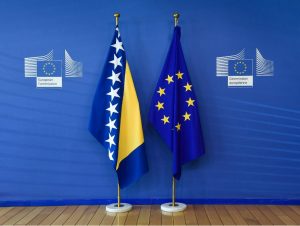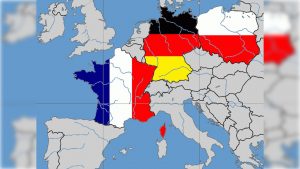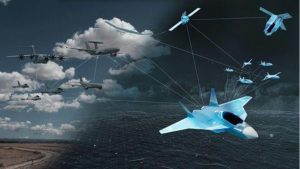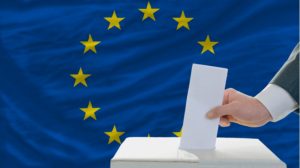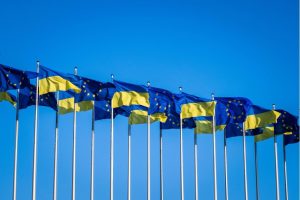Aleksandar Vucic, president of Serbia stated that his country will need to adhere to the Franco-German list of proposals and cannot stop Kosovo’s European integration, otherwise the country will lose important international investments and lose its European integration perspective. In his television statement, he declared that Europe is de facto at war. He also said that no matter the increasing tensions in the region, sooner or later Serbia will have to acknowledge Kosovo’s independence and cannot block its adherence to the international community. These strong words come at a crucial time where military mobilization intensified during the past few months.
While the Franco-German list of proposals is not yet official, Serbia has de facto acknowledged the existence and independence of Kosovo as part of the international (and European) community. The Serb President quickly called for a parliamentary briefing on what is called the “European plan” for the two countries. For him, European investments, EU financial assistance and integration into the single market seems a politically more viable option, than isolation. This can also come from the fact that other countries such as Albania and North Macedonia have significantly stepped forward towards being full EU members in the past years. Easing of political tensions comes after heightened alert of the Hungarian-led Kosovo Force (KFOR), the NATO-led peacekeeping mission in Kosovo. Last summer barricades were installed under heightened minority tensions due to a license-plate reform -using Kosovo’s country code- which Serbia did not want to acknowledge.
Certain parts of the new plan were revealed, stating that in exchange for Serbia acknowledging Kosovo on the international fora (UN, EU etc.) Kosovo would establish a Serb regional municipality in its northern part for Serbian minorities. Only through time and political will can the de facto acknowledgment turn into a de jure one. However, this step is still a long way in the relation of the two countries. It is nevertheless a big step forward, that President Vucic acknowledges the facts, which is also due to the intense fighting in Ukraine. The Western Balkans region simply cannot allow itself to be a part of the conflict and must seek peace through dialogue and cooperation in order to strengthen the external borders of Europe and promote the economic and social well-being of its peoples. The question is, will other countries such as Spain also recognize the country’s independence and how this will later affect the currently unanimous decision on EU membership. It will also be the responsibility for the EU to take the two countries’ offer seriously and not cast further doubts and political/technical obstacles on their path to accession. There is a small chance now that the two countries can come to a political compromise which will be mutually beneficial. The moment for peace and dialogue can never come too late, especially in such uncertain and dangerous times.
Image: Globsec.org
